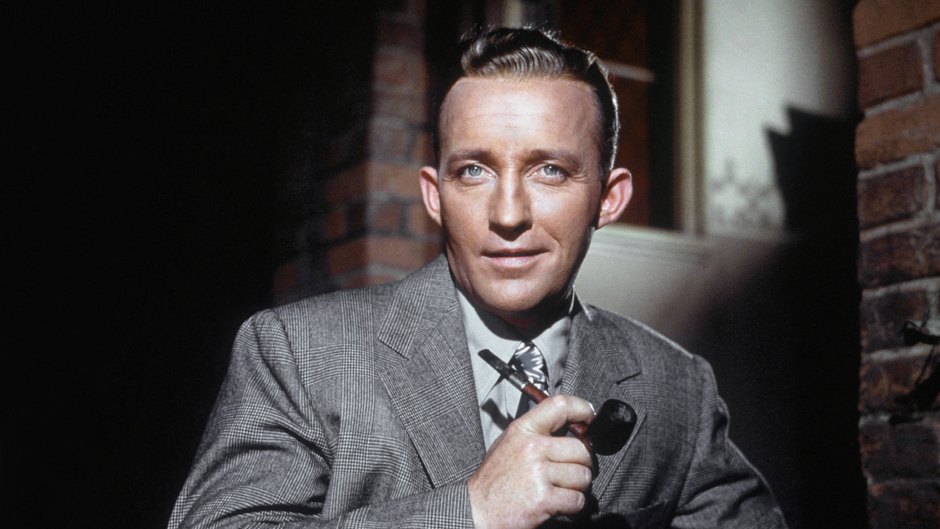
Getty Images
Late Singer Bing Crosby Was ‘In The Dumps’ When He Recorded His Hit Single ‘White Christmas’ (Exclusive)
There may be no warmer and more comforting record than Bing Crosby’s 1942 version of “White Christmas,” which is why it’s the most popular single in history, having sold over 50 million copies. It’s even more miraculous when you realize that at the time he sang it, Bing was “in the dumps,” Gary Giddins, author of the new biography Bing Crosby Swinging on a Star: The War Years 1940-1946, exclusively tells Closer Weekly in the magazine’s latest issue, on newsstands now. “He was in a period of tremendous despondency about his life.”
Bing felt trapped in his marriage to Dixie, the mother of his four sons. While the singer conquered his drinking problem after they married in 1930, “she became an alcoholic,” says Giddins. “It was a very unnerving home life. He was able to escape it through work, and she wasn’t.”

His punishing schedule meant Bing was often away from home. “He was traveling all over the country on tour, making three films a year, and doing a weekly one-hour radio show,” says Giddins. “When he would come home, Bing would try to make up for his absence by putting in all these rules and too much discipline.”
At the same time, Bing “expressed some doubts about his singing, which was certainly the most important thing in his life,” says Giddins. “He tried to keep that a secret, but I was able to document it.”
Even after he won an Oscar for playing a priest in 1944’s Going My Way, Bing suffered from low self-esteem. “This is the only country in the world where an old broken-down crooner can win an Oscar for acting,” he said in his acceptance speech.
Still, Bing’s dedication to America’s servicemen and women at home and abroad “gave him a mission and a reason to value his talent because he was never more needed or in demand than he was during the war,” Giddins says. “It grabbed him out of that borderline self-pity he was feeling.”

“White Christmas” resonated deeply with the troops. “It became a theme that measured how lonely and distant the men who were fighting the war felt they were from home,” Giddins says. “Will we see a white Christmas this year? When will we be home?”
Bing himself traveled far and wide — and often into dangerous territory — to visit and entertain our forces overseas. “On his 1944 trip to London and France, he was performing for weeks within bombing distance of the front lines,” Giddins reports. “He was in awe of the troops, and he felt it was an obligation to do whatever he could for them.”
He wasn’t doing it for the publicity. “Bing refused to take credit or to be honored for it,” says Giddins, who read thousands of letters from “relatives of servicemen who had been killed and, in their mourning, nonetheless wanted to thank Bing for performing for their sons, husbands and siblings.”

Even compared to on-screen partner Bob Hope, “Bing was second to nobody in his generosity during the war,” says Giddins. And isn’t that the true meaning of Christmas?
For more on your favorite stars, pick up the latest issue of Closer Weekly, on newsstands now — and be sure to sign up for our newsletter for more exclusive news!








































